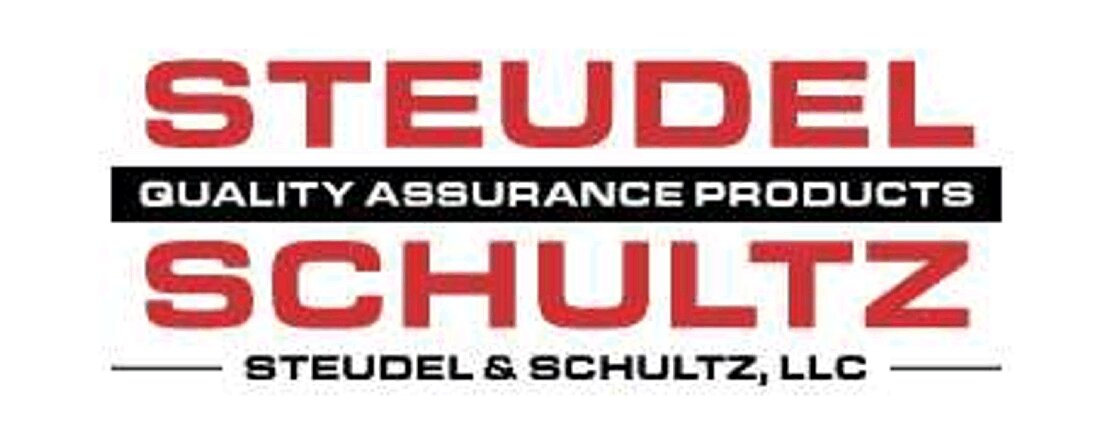Assessment Tools & Guidelines
Steudel & Schultz, LLC, is a management tools firm based in McFarland, WI. Led by Dr. Steudel, all the products of Steudel & Schultz, LLC, are authored by him. He has over four decades of consulting and management experience and developed numerous assessment tools, guidelines, and other quality systems elements.
Our products help employees make improvements in their company's quality program by understanding the purpose, principles, and employee's roles and expectations for improvement. Non-technical terms are used to assure understanding of the Standards and explain how implementation to ISO 9001:2015 or any other quality standards will affect employees and their roles in the company.
Why Choose Us?
Our products help employees make improvements in their company's quality program by understanding the purpose, principles, and employee's roles and expectations for improvement. Non-technical terms are used to assure understanding of the standards and explain how implementation to ISO 9001:2008 or any other quality standards will affect employees and their roles in the company.


